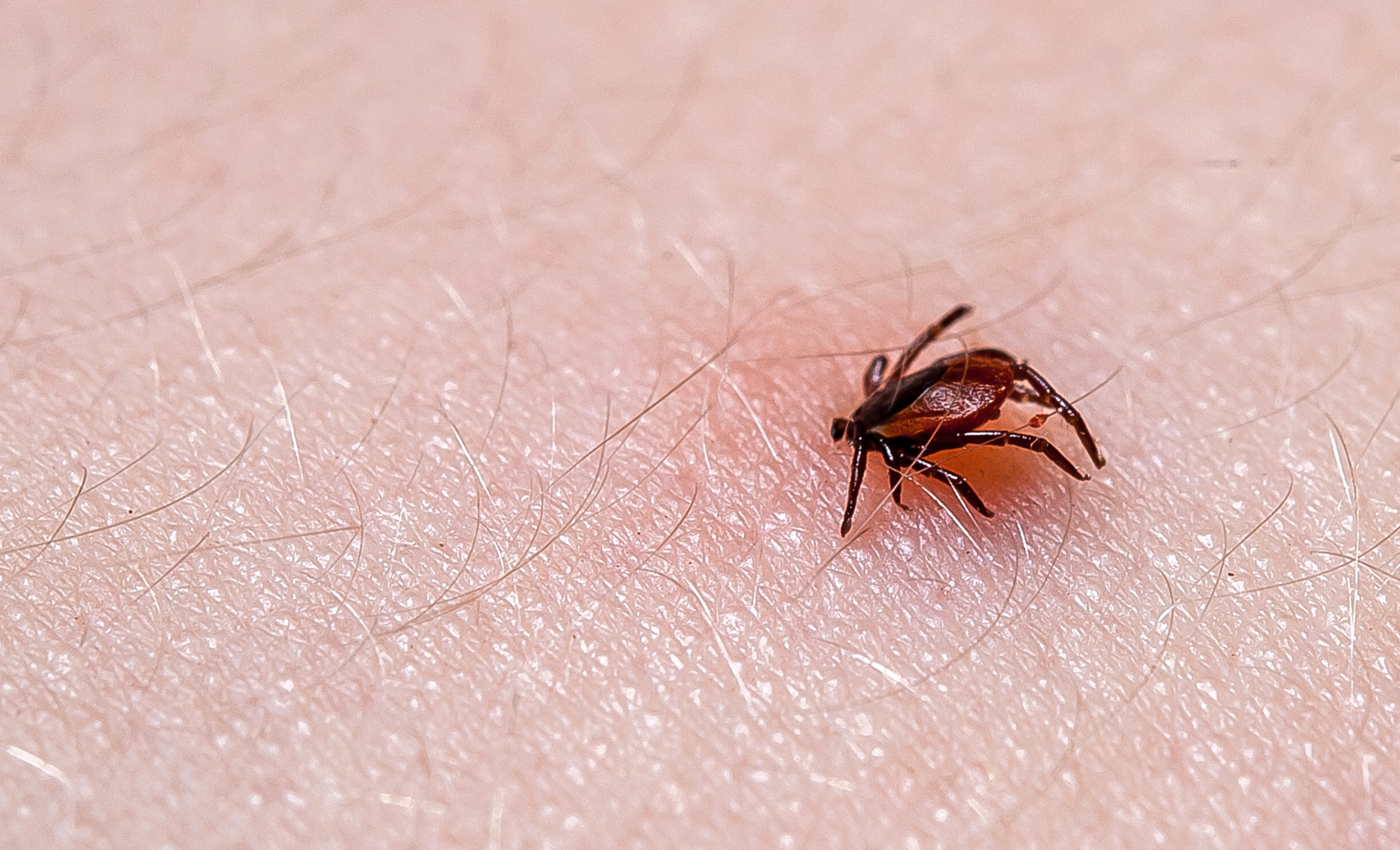TBE figures expected to rise again
Caution: If you’re looking for your ball in the tall grass on a golf course in Germany soon, you should be prepared: Due to the mild temperatures, experts expect the number of TBE cases caused by tick bites to rise in 2024. The risk of ticks on golf courses is therefore also increasing, especially in high-risk areas.
According to the Robert Koch Institute (RKI ), 2020 was a record year for the risk of ticks in Germany with 717 reported cases of TBE in Germany. And in 2022, the risk had again increased significantly compared to the previous year. In this two-year cycle, another high TBE value now appears to be on the horizon for the current calendar year. “We expect to see a large number of TBE cases throughout Germany again in 2024,” Ute Mackenstedt recently told ARD’s Morgenmagazin. The parasitologist at the University of Hohenheim estimates the number of cases to be between 400 and 700.
Expanding high-risk areas
One reason for the increase is climate change and the accompanying mild temperatures. According to the internationally recognized environmental medicine specialist Claudia Traidl-Hoffmann, head of the Department of Environmental Medicine at the University of Augsburg and the Helmholtz Centre Munich, this extends the tick season. According to the book “Overheated” published by Traidl-Hoffmann and co-author Katja Trippel, the season was extended by up to three weeks in parts of Germany between 2001 and 2022. The overall density of ticks has also increased and animals in low mountain ranges at altitudes of over 600 meters are no longer a rarity.
The Epidemiological Bulletin (Epid Bull) 9|2023 of the RKI continues to identify Bavaria and Baden-Württemberg in particular as the largest TBE high-risk areas. However, Saxony, southern Hesse, south-eastern Thuringia and Brandenburg are now also affected with larger areas on the RKI’s current map of TBE risk areas in Germany. According to experts, the expansion of the high-risk area can be explained primarily by the migration of animals, which often use the ticks as hosts in the larval stage.
Danger with exotic species
TBE vaccination is strongly recommended in the high-risk areas mentioned. Repellents are recommended for spraying onto the skin to repel ticks. This product is designed to prevent ticks from being attracted to their potential victims by their sense of smell. Experts advise spraying yourself with this product up to at least knee height before going out into nature.
Exotic tick species in particular, such as the giant tropical tick Hyalomma, which is now also widespread in Germany, are a cause for concern. This species, which originates from hot and dry regions of Africa and Asia, is considered dangerous because it transmits so-called rickettsial bacteria, which can cause tick-borne typhus. The tropical tick with yellow ringed legs is also a carrier of the dangerous Crimean-Congo fever, against which there is no vaccination.









